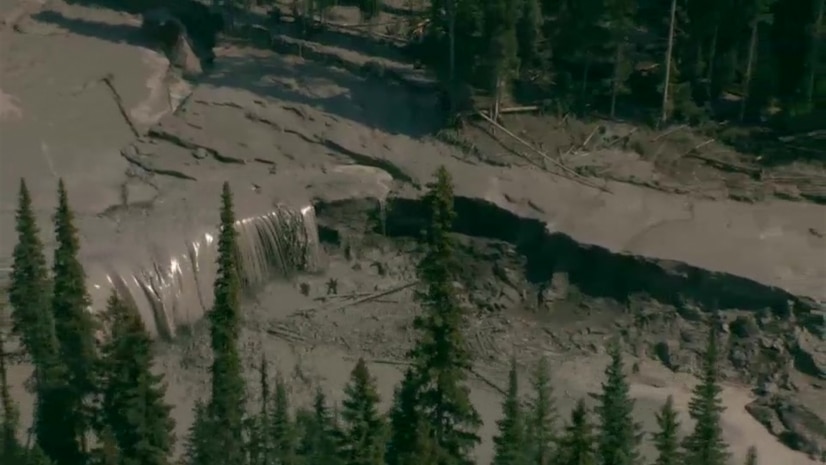Six B.C. mines pose threats to Alaska’s most productive salmon rivers and should be investigated by the U.S. Secretary of the Interior, according to a coalition of conservation groups and Alaskan First Nations who are invoking legislation that says it is the Interior Department’s duty to investigate when foreign nationals may be affecting U.S conservation treaties.
A petition presented to Interior Secretary Sally Jewell suggests that B.C. mines close to the Taku, Stikine and Unuk watersheds diminish the effectiveness of two treaties that protect Pacific salmon, steelhead trout, grizzly bears and woodland caribou.
The treaties are the Convention for the Conservation of Anadromous Stocks in the North Pacific Ocean and the Convention on Nature Protection and Wildlife Preservation in the Western Hemisphere.
The coalition of U.S. and Canadian groups, including Earthjustice, the United Tribal Transboundary Mining Work Group, Sierra Club of B.C., Craig Tribal Association, Friends of the Stikine Society and Southeast Alaska Conservation Council, are echoing a previous call by Alaska’s congressional delegation to refer the transboundary mines controversy to the International Joint Commission.
DeSmog Canada wrote a series on the transboundary tensions stirred up by B.C.’s mining ambitions last year.
Kenta Tsuda, Earthjustice associate attorney, said the petition provides another reason for the U.S. federal government to take action.
“Canadian authorities are letting these projects go ahead and the U.S. government is still waiting on the sidelines,” he said.
The six mines that the coalition says are endangering the rivers are:
– The Tulsequah Chief, which has leaked acid drainage for decades
– Red Chris, which is owned by Imperial Metals, the same company that owns Mount Polley (where the collapse of a tailings dam sent mine waste and sludge flooding into local lakes and rivers); – Schaft Creek; – Galore Creek; – Kerr-Sulphurets-Mitchell (KSM), which will tap into one of the largest gold and copper deposits in the world; and – Brucejack. Frederick Olsen Jr., United Tribal Transboundary Mining Work Group chairman, said it is time for Jewell to become involved in the problem as the federal government has a fiduciary responsibility to the tribes. “The development and operation of the B.C. mines could severely impact life on the U.S. side of the border,” Olsen said. “Already the Tulsequah Chief Mine has polluted the Taku watershed for decades.” The petition to Jewell says all the mines involve large-scale infrastructure development and generate immense quantities of tailings and mine wastes, meaning water treatment will be required in perpetuity. “The threats of acid-mine drainage and heavy metals pollution — not to mention catastrophic dam failures — will hang over the watersheds for centuries after the closure of the mines,” says a statement from the group. A spokeswoman for Jewell’s office said she is aware of the situation and the petition. Tsuda said the petition is being submitted under the 1971 Pelly Amendment, which does not define a timeline for a response, but which makes it clear the agency is required to act within a reasonable time. “In this particular case, Secretary Jewell should respond promptly by undertaking an investigation of the six mines we describe. Not only because we believe the circumstances legally obligate the agency to do so, but also because so much is at stake for communities in southeast Alaska,” Tsuda said in an e-mailed response to DeSmog Canada. Salmon from the rivers support local fishing businesses and First Nations. “Commercial fishermen from Southeast Alaska also rely on these harvests, harvesting tens of millions of dollars worth of salmon from these three rivers annually. The watersheds collectively support hundreds of Alaskan workers and their families,” he said. There have been recent precedents where the Secretary of the Interior has stepped in, such as in 2011 and then 2014 when the department concluded that Iceland’s whaling activities were undermining worldwide efforts to conserve whales and diminishing the effectiveness of the Convention on International Trade and Endangered Species. The U.S. federal government then instructed agencies to undertake diplomatic action to encourage Iceland to change its policies. Image of Mount Polley mine disaster by Global News
Subscribe to our newsletter
Stay up to date with DeSmog news and alerts







